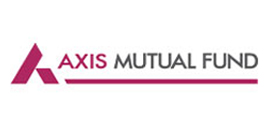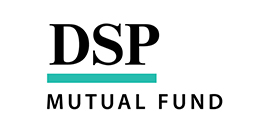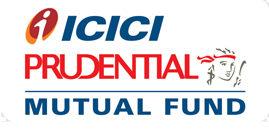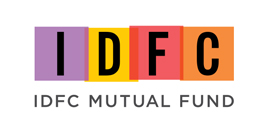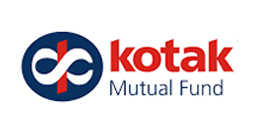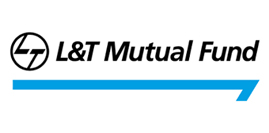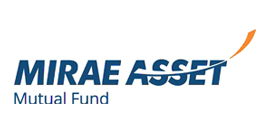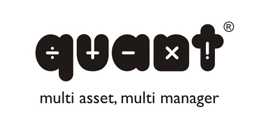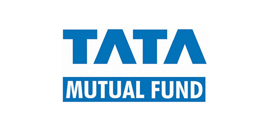
Investing in mutual funds allows many investors to pool their money over time to earn a high return on their capital. Fund managers, or portfolio managers, manage this corpus of investments. Investing the corpus in various securities is his/her responsibility. This might include bonds, stocks, gold, and other assets. Investors contribute to the fund and share their gains (or losses) accordingly.
It is important to choose between active and passive management, choose where to buy funds, understand fees, and stick to a plan when investing in mutual funds. Investors own shares of a company involved in buying shares of other companies (or bonds, or other securities). Unlike stockholders in a mutual fund, mutual fund investors share equally in the profits and losses of the fund's total holdings - hence the "mutual" in the company's name.
You can increase your investment's value in different ways when you purchase a mutual fund

A fund distributes a proportionate amount of dividends and interest it earns from its securities to its investors. The distributions you receive from a mutual fund can either be received directly or reinvested in the fund.

Capital gains are realized by funds that sell securities whose price has gone up. Funds can also suffer capital losses when they sell securities at a loss (and capitalize losses when they do so.) Generally, funds distribute any net capital gains annually to investors.
Please fill out the form and press the submit button.
We will get back to you with 1-2 business days.

A debt fund invests its funds in bonds, while an equity fund invests in stocks. These funds place a high priority on capital appreciation. These funds are more risky due to the fact that their returns depend on stock market movements. As the level of risk is reduced over time with time, they're a good option for long-term investments such as retirement or home ownership.
A mutual fund scheme like this is very popular. The stock market is accessible to investors through them. These schemes are considered high risk, but they also have a good return potential over time. In their prime earning stage, these funds are ideal for investors seeking long-term returns. To spread risk, equity funds or diversified equity funds generally invest across a wide range of sectors.

Investments in debt funds (fixed-income funds) typically include investments in government and corporate securities. Investors are expected to receive reasonable returns from these funds, which are considered relatively risky. Investors who want a steady income without taking on excessive risk should invest in these funds.
This is because they invest the majority of their money in debt instruments - fixed income, which are fixed coupon generating instruments like government securities, bonds, debentures, etc. They are suitable for investors looking for steady income with low risk appetites. The risk of credit, however, is present.

Is it possible to invest with both equity and debt? The answer is hybrid funds. Equities and fixed income are combined in hybrid funds. Hybrid funds are further divided into subgroups based on their equity and debt allocations (asset allocation).
Unlike balanced funds, these funds have a lower equity asset percentage compared to balanced funds. Marginal equity funds are also known as such. Investors who are retired and seeking a predictable income with a low level of risk would benefit from this type of investment.

